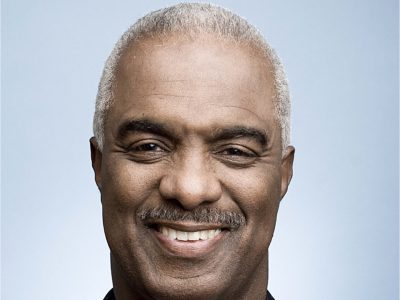For a community that has historically faced barriers in banking and wealth building, TD Bank‘s recent $3 billion fine for money laundering hits particularly hard. The institution, which actively marketed itself in urban communities and positioned itself as an ally in financial empowerment, has been exposed for facilitating criminal enterprises while putting legitimate account holders’ money at risk.
The scope of deception
From 2018 to 2024, TD Bank enabled three criminal organizations — in particular, drug cartels — to move $670 million through its accounts, bypassing crucial safeguards meant to protect consumers, reported Forbes. This revelation raises serious concerns for responsible professionals who trusted the institution with their life savings, retirement funds and business accounts.
Follow the money
The scheme’s sophistication becomes clear when examining how bank employees received $57,000 in gift cards to process $470 million in suspicious cash deposits without proper documentation, according to CNN. This systematic circumvention of financial regulations demonstrates a troubling disregard for the communities TD Bank claimed to serve.
Impact on generational wealth
For professionals who have worked diligently to build and preserve wealth for future generations, this scandal represents more than just corporate misconduct. It undermines decades of progress in establishing trusted banking relationships and raises valid concerns about which financial institutions truly prioritize their customers’ interests.
Protecting your assets
As TD Bank faces unprecedented scrutiny and government oversight, account holders must carefully evaluate their banking relationships. This situation serves as a crucial reminder of the importance of diversifying financial holdings and regularly monitoring account activity for suspicious transactions.
Moving forward
While TD Bank has pledged to reform its practices under the weight of this massive fine, the breach of trust carries lasting implications. For communities that have historically faced discrimination in banking, this case reinforces the need for vigilance in choosing financial institutions that demonstrate genuine commitment to ethical practices and community welfare.
The magnitude of this scandal — $3 billion in fines and nearly $700 million in laundered funds — should prompt serious conversations about financial security and institutional accountability. As investigations continue, it becomes clear that this case represents more than corporate misconduct; it highlights the ongoing challenge of finding trustworthy partners in building and preserving generational wealth.
This moment calls for increased financial literacy and awareness within communities that have traditionally been underserved by major banks. Understanding how to identify red flags in banking relationships, knowing your rights as an account holder and maintaining diverse financial relationships have never been more crucial.
For professionals who have achieved success despite historical barriers, this case serves as a reminder that vigilance in protecting assets must extend beyond personal financial decisions to include careful scrutiny of the institutions entrusted with those assets.
The road to rebuilding trust will be long, but this crisis presents an opportunity for communities to demand better from financial institutions and to strengthen their understanding of banking regulations that exist to protect their interests. As TD Bank works to implement required reforms, account holders must remain alert and engaged in ensuring their financial partners truly serve their needs.

















